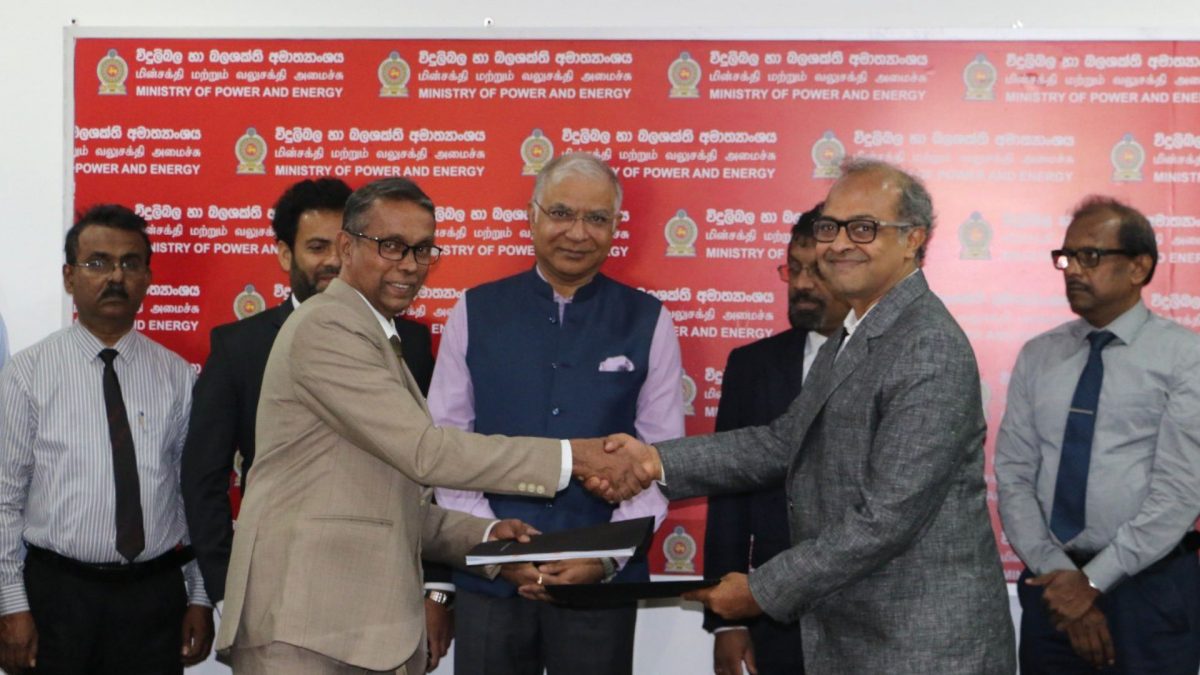Not all protests in Parliament are a waste of time or money. Sometimes short-term anarchy leads to long-term gains.
The most compelling example is the Opposition’s insistence on withdrawal of Narendra Modi government’s land acquisition bill. In the previous session of Parliament, several days were lost because of the logjam over the bill when the Opposition insisted on removal of several of its clauses and the government appeared adamant on not backing down.
Now, the Modi government has decided to amend the land bill. The new bill would be almost similar to the one cleared by the UPA government. So, who is to be blamed for the anarchy in the previous session — the Opposition’s demand or the government’s intransigence? With the benefit of hindsight, could we expect the Speaker to penalise the BJP for its obduracy on the bill that derailed Parliament?
But such instances of Opposition intervention leading to policy changes are rare. Usually, the protests are more about personal egos, political revenge and the resolve to not let the government function.
The problem with disruptions in Parliament is there is very little to choose between right and wrong. What is legitimate for the BJP when it is in the Opposition becomes unreasonable when it is in power. Similarly, the Congress stance changes with its seats on the floor of the house.
On Tuesday, the Congress chief argued that it is the responsibility of the government to run the Parliament. Instead of making her speechwriters go through the trouble of giving words to her anger, Sonia could have just replayed a similar statement by finance minister Arun Jaitley.
In February 2014, Jaitley, who was the then leader of the Opposition in the Rajya Sabha, had said, “…But parliament being used as a forum in more than one ways to expose the weaknesses of the government, I think, is a positive development, and to that extent I think this Parliament has done well.” He argued “the responsibility of restoring sanity and peace in the House belongs to the ruling party and if the ruling party can’t put its own house in order…”
Also note the other argument put forward by the Opposition: The BJP is the pioneer of the resign-first-talk-later policy. If the BJP was justified in seeking the exit of tainted UP ministers as a pre-condition for letting Parliament function; the Congress is justified in pressing hard for its demand for the resignation of Sushma Swaraj, Vasundhara Raje and Shivraj Singh Chouhan.
All governments are guilty of using brute majority for ramming through opposition. Every party uses disruptions as a ploy to embarrass and paralyse the government. The bigger the majority, the thicker is the skin of the government and the more resolute the defiance by the Opposition. During Rajiv Gandhi’s tenure as PM, the Congress used its brute majority to silence the Opposition on several occasions. Like Sumitra Mahajan, the then Speaker Balram Jakhar suspended several MPs for demanding that the Thakkar Commission report be made public. The commission had looked into the assassination of Indira Gandhi and submitted its report to the home minister in February 1986. It was leaked selectively over the next few years to embarrass several Congress politicians but was concealed from public.
Similarly, a Joint Parliamentary Committee to look into the Bofors deal became a farce when it became an all-Congress affair. The Public Accounts Committee chairmanship was taken from the Opposition and several of its legitimate demands were ignored. In the end, the Opposition became so upset with Rajiv Gandhi’s government that 106 MPs resigned en masse from Parliament, forcing an early election.
A decade later, the Congress boycotted defence minister George Fernandes in Parliament after the Tehelka expose; a strategy that was later replicated by the BJP against Railways minister Lalu Prasad Yadav when he was named in the fodder scam. Finally, Parliament was stalled by endless protests when the Opposition demanded the resignation of tainted UPA ministers in the previous Lok Sabha.
The short point: Indian political parties feed off each other’s past and unruly behavior. There isn’t a hint of permanent principles or ethics in their protests. They just hide behind precedence as provocation for stalling Parliament.
The current impasse, unfortunately, appears similar to Rajiv Gandhi’s misadventures in Parliament. Back in the 80s, he unified the disjointed opposition by misusing his brute majority and humiliating rivals.
The suspension of 25 Congress MPs has once again united the Opposition-bringing sworn rivals like the Left, TMC, SP, AAP and JD (U) together.
It will only make life difficult for Modi in the Rajya Sabha.


)




)
)
)
)
)
)
)
)